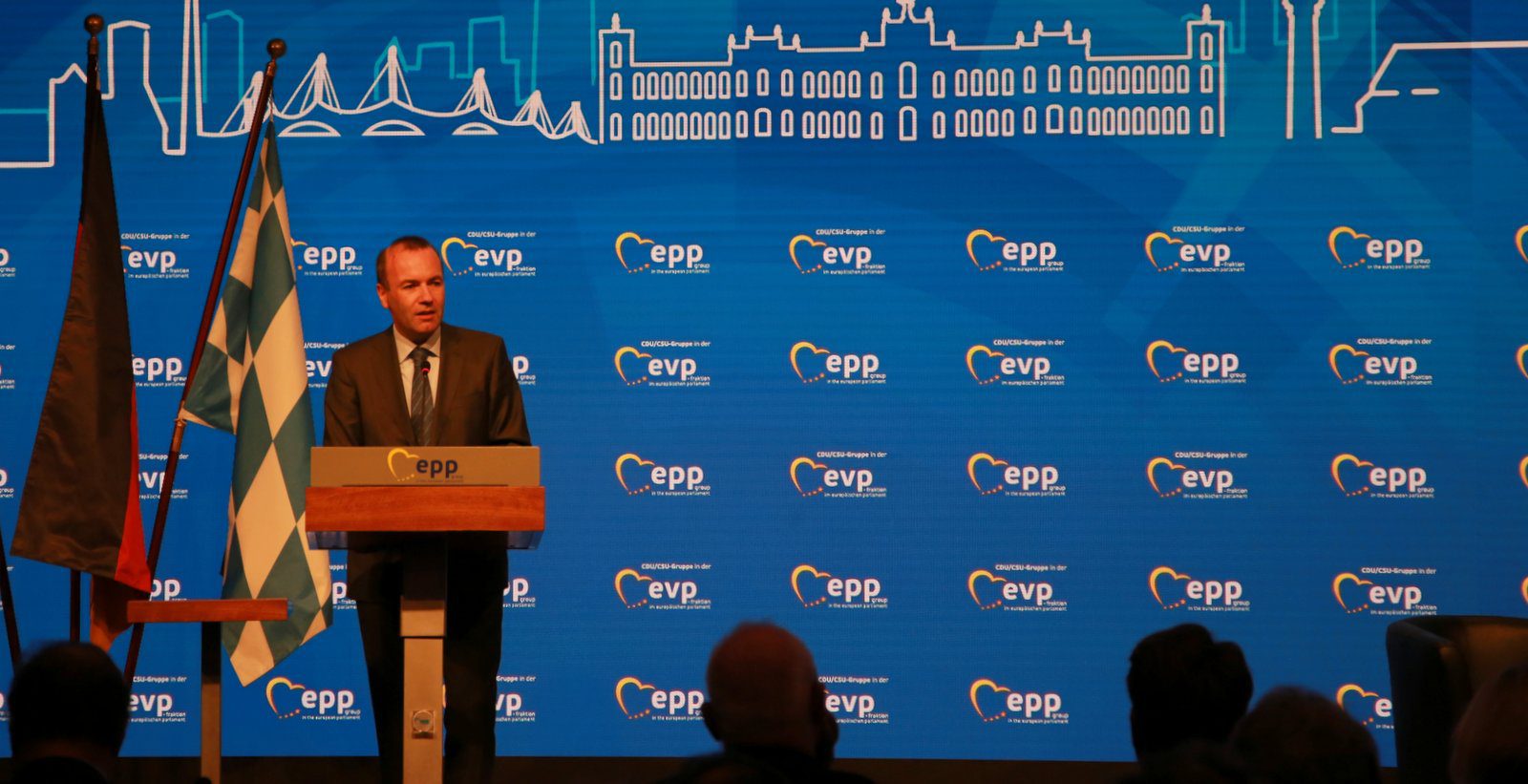Talk about a potential alliance between the conservative ECR and the centre-right EPP groups is circulating in Brussels as the road to the 2024 European elections opens up. The central focus of the speculation surrounds a series of meetings between top EU officials from the EPP Group and Italian Prime Minister Georgia Meloni, who is the president of the ECR Group. These included two separate meetings with EPP President Manfred Weber and Commission President Ursula von der Leyen in Rome, and others with President of the European Parliament Roberta Metsola in Brussels, all within the past several weeks.
For years, both the centre-right and centre-left have collaborated in Brussels and Strasbourg, exercising a cordon sanitaire against more ‘radical elements,’ especially nationalists, conservatives, and euro-reformists. However, this coalition now appears to be under strain due to developments on national and European levels.
The growing wave of Qatargate scandals is dealing serious damage to the reputation of the social democratic S&D group and is making a continued partnership less attractive for the EPP. Simultaneously, cooperation between EPP and ECR parties, mainly in Sweden and Italy, is making a coalition with the conservatives more palatable to the centre-right. Additionally, the growing strength of ECR parties within their respective nations may translate by 2024 into the seats and votes the EPP needs to obtain institutional appointments in the EU.
However, the EPP is not without dissenting voices, as national-level politics still causes divisions between the groups. The Polish delegation to the EPP has voiced strong protests against a potential alliance, as their primary domestic opponent is the Law and Justice Party (PiS), which is a substantial force within the ECR. “We are not having any discussions with the European People’s Party as the ECR and have no intention of doing so,” a PiS member declared to Dziennik Gazeta Prawna.
Within the German ranks of the EPP, there is also dissension. Spokesmen from the CDU/CSU dismissed an alliance, stating that there could be no cooperation with “right-wing nationalist parties” or “anti-European forces”.
Likewise, the right-wing parties of Europe already hold collaboration agreements, such as the 2021 Warsaw summit. This was followed by a roadmap produced at the January 2022 Madrid summit, and a collaboration declaration last autumn by EU lawmakers from Hungarian Fidesz, the ECR, and ID (Identity and Democracy). The EPP may be keen to avoid association forces it considers to be ‘too right wing’.
Just as some EPP members are concerned about the compromise to their values that an ECR alliance represents, the same is true of some ECR members. Speaking to The European Conservative, Christian Terheș, a Romanian MEP for the ECR said:
Christian Conservatives in Europe need to become a more powerful force to serve the needs of the people and the sovereign member states. For years now the European agenda was clogged with pseudo-topics like transexual shared showers, which did not allow for serious problems to be solved.
However, while larger groupings may be desirable, it is still important to Mr. Terheș that key values are not lost in the process.
Clearly, we need a larger coalition to solve the problems, but the attracting force should be around Christian conservatism and national sovereignty, not the same vapid economic liberalism and Brussels-centric federalism and feudalism, where unelected bureaucrats are not accountable to anybody. We don’t need more Europe, but a better Europe, which means more power to the people!
As the current seat count stands, an alliance between the ECR and EPP will still require the support of other groups. A combined group of ECR, ID, and the Fidesz delegation would hold 129 seats, making it the third-largest group in the parliament. With over a year to go, it remains to be seen how the 2024 elections will change these dynamics.





